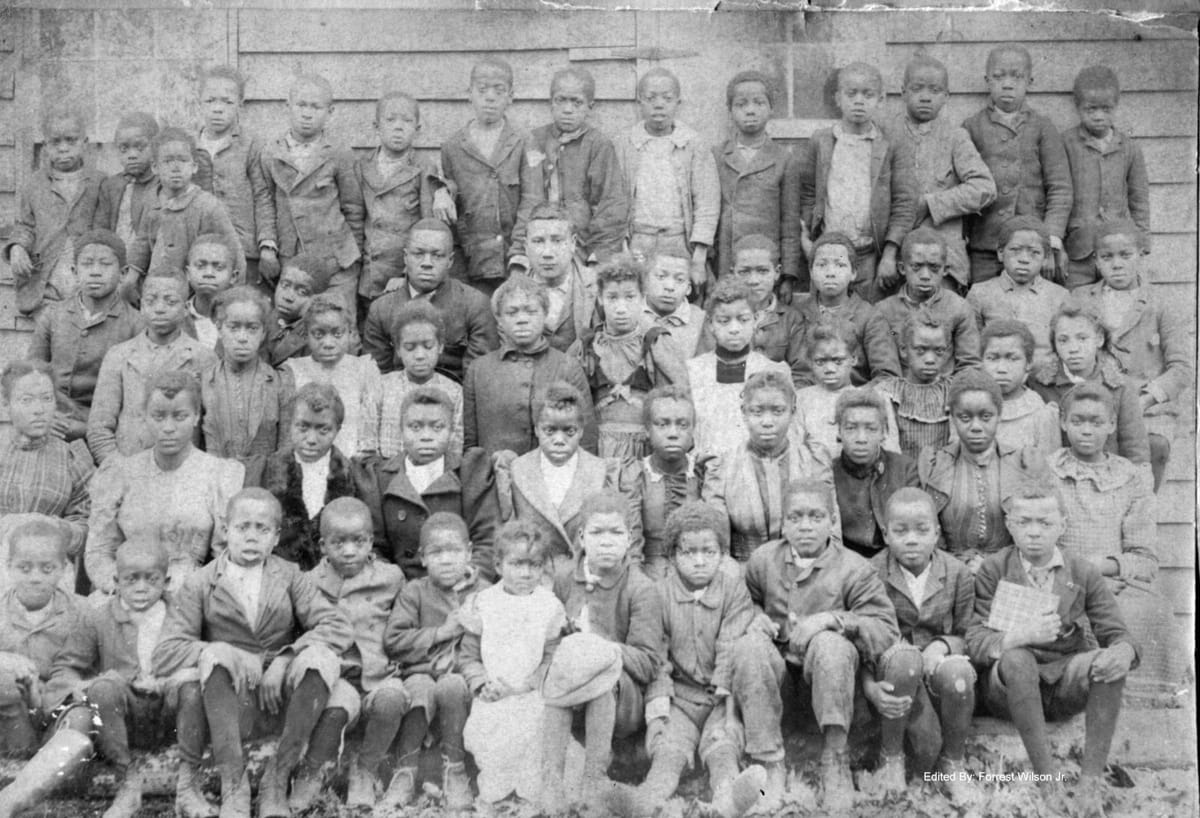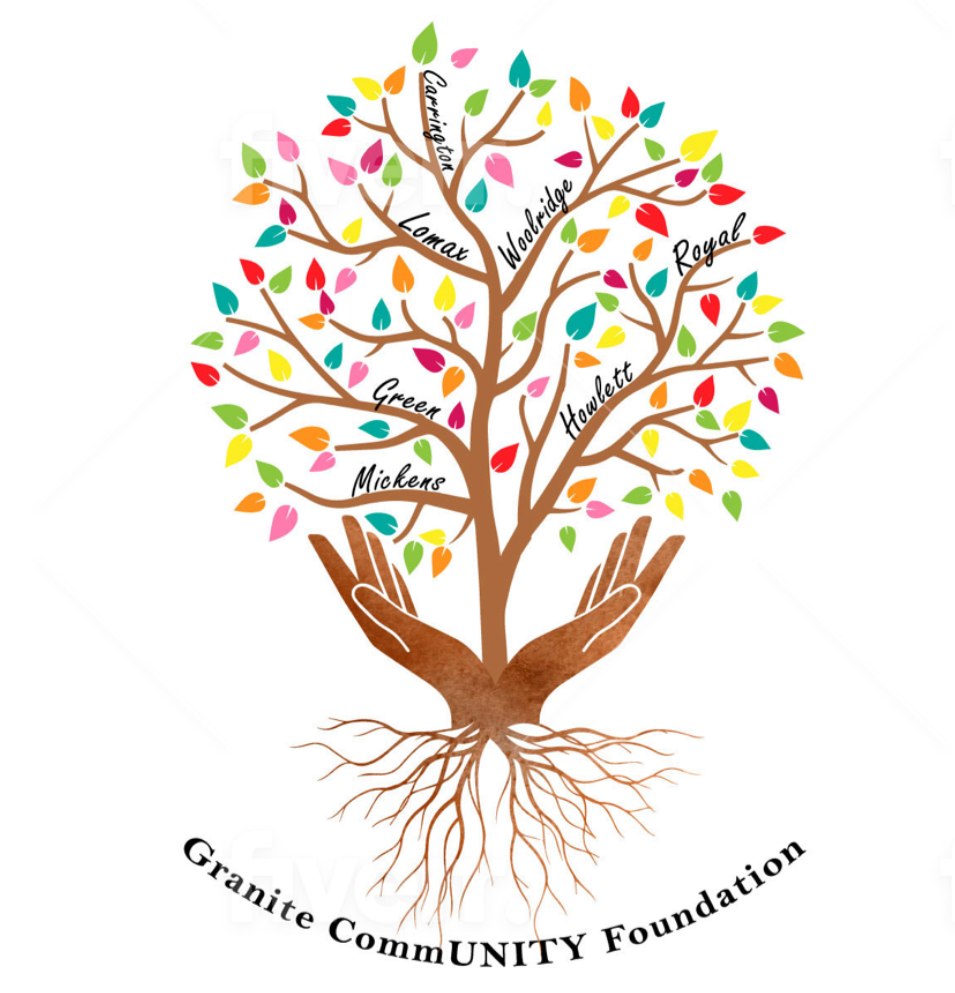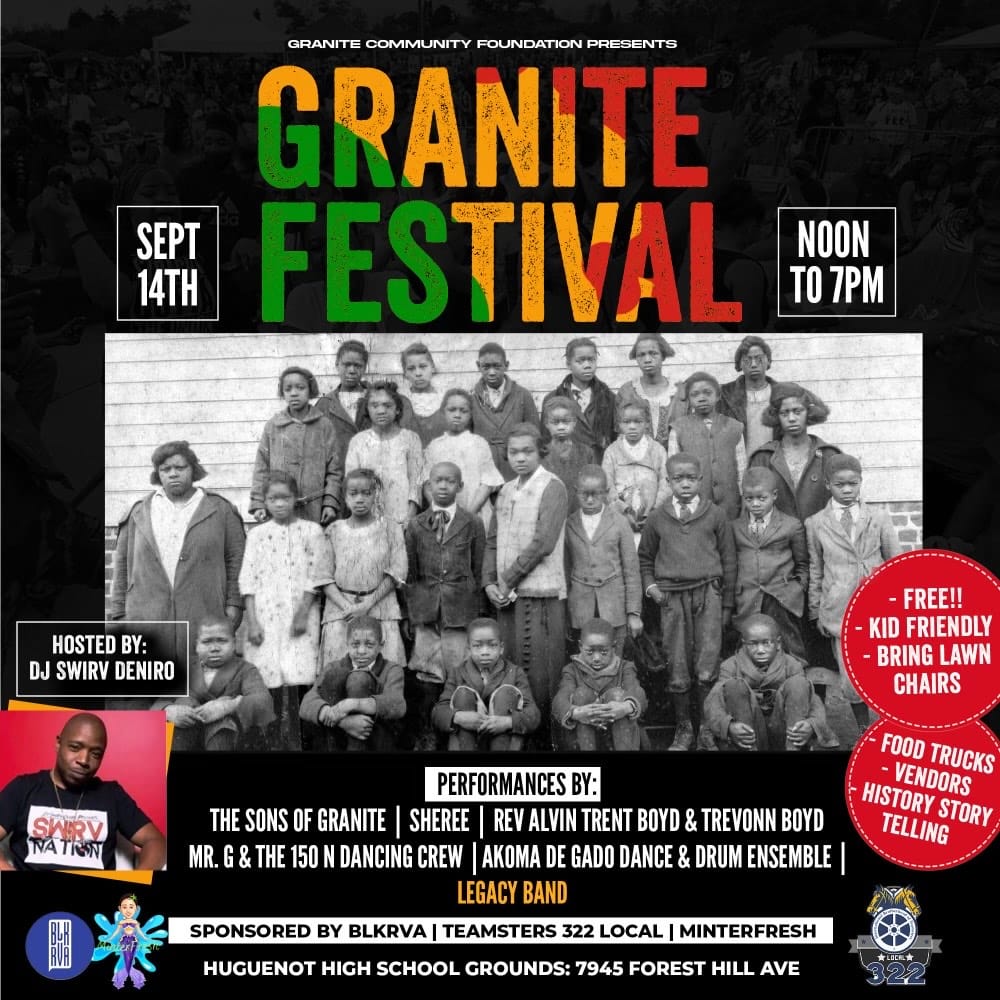
Granite Community Festival aims to revive the memory of a Black neighborhood
Over the past few years, the story of Jackson Ward has gained increased attention — a thriving Black neighborhood displaced by highway construction.
A similar story played out on Richmond’s Southside, and a festival this weekend is one part of a broader effort to reunite the Granite community and tell its history.
The name Granite originally was given to a train station located near where Willow Oaks Country Club is today, but came to refer to a neighborhood in modern-day Stratford Hills.
“Really, Granite was an isolated community,” said Olufemi Shepsu, who grew up in Granite. “You can see in the old pictures the rural nature. My uncle Henry Brandon had hogs and cattle where the Walmart is now. They had chickens and stuff up until the early 80s.
“Folks had their own gardens. It was a self-sufficient, thriving community. Unfortunately, when the highways were built, land was sold by ancestors for little or nothing.”
The Granite Festival takes place Saturday at Huguenot High School from 12-7 p.m., with no admission charge. There will be performances, as well as exhibits telling the neighborhood’s story.
Pre-Civil War freedom, and heartbreak
Genealogist Emanuel Hyde III will release a book detailing the history of Granite and its residents at the festival, titled “The Resurrection of Granite.”
He said the history starts in 1856, when plantation owner Thomas Howlett directed in his will that his 15 slaves be freed and receive proceeds from the sale of his land.
His white relatives challenged the will, but it was upheld. However, the slaves never received the money.
The executor of the estate, Benjamin Hatcher, instead took over the plantation himself. In 1871, Virginia’s Supreme Court upheld his actions. That land is currently the site of Willow Oaks Country Club.
Those freed slaves took up residence in what came to be known as the Granite neighborhood, centered around the stretch of Old Cherokee Road that runs parallel to Forest Hill Road in Stratford Hills.
The name was given because many worked at the granite quarries that dug up the rock used in the construction of the Virginia Capitol building, as well as the bases of the monuments for Confederate generals on Monument Avenue.
Katrina Clarke, who is serving on the committee planning Saturday’s event, said Granite’s oldest residents are rediscovering the power of their story.
“Just listening to them, you see how far we have come,” she said. “They had zero, but they had so much. They had family, love and community. They had each other, and they made sure they were all taken care of.”
Clarke said when she was younger, her grandparents and other relatives often kept silent.
“This story was lost because we stopped telling it,” she said. “When it comes to telling stories, if it comes with pain, they don’t really want to reflect on it.
“I understand the pain, but it’s not just pain. It’s celebrating everything, because if it wasn’t for them, we wouldn’t be here.”

Goals for the future
The Granite CommUNITY Foundation is also working on a documentary telling the story of the neighborhood.
They hope the festival is a first step towards reuniting the families that were separated with the displacement of the neighborhood when Chippenham Parkway was constructed, said Edwin Burt Minter, who is serving as an organizer.
“We don’t want this to be a one-hit wonder,” Shepsu said.
He said the group will also push for a historical marker in the neighborhood, where just two of the original Granite homes remain standing, as well as other initiatives to provide reparations and keep the community’s memory alive.
Hyde, who wrote the book, said the further he dug, the more he found.
“The book is over 425 pages, and I'm so tired I could sleep on this floor,” he said with a laugh. “I have researched over 2,000 people from Granite, Virginia. To know their story and understand their story is a blessing, and it's truly an honor.”
Clarke said the musical performances and family activities on Saturday will provide something she feels the community doesn’t get enough of: “Good, old-fashioned fun.”
“My prayer out of all this is not only for the festival to be successful,” she said. “But these young people will have a sense of identity of where they came from and who they are.”







